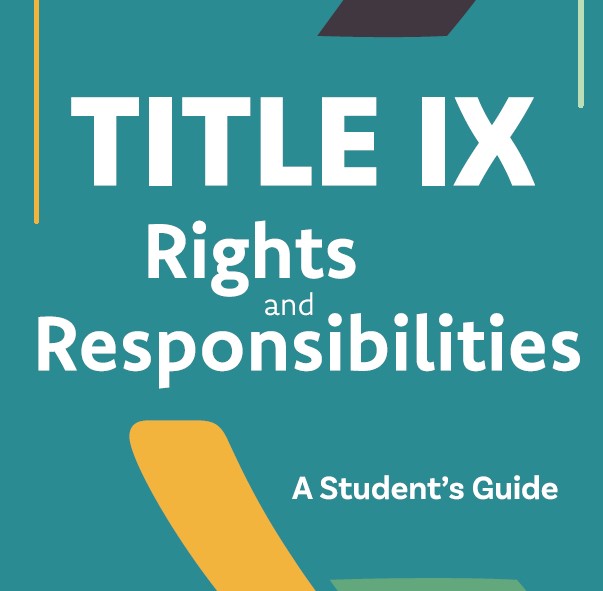How to Take Action
If you experience sex discrimination or sex-based harassment, including sexual harassment, sexual assault, stalking, and relationship violence (dating violence and domestic violence), there are steps you can take immediately and over time to heal and respond. You are not alone and what happened is not your fault.
- Immediately get safe: Get to a safe space, both physically and emotionally, to regain control over your body and environment.
- Seek support: Reach out to a trusted person or rape crisis hotline or counselor for emotional support.
- Seek campus support: You decide whom to report to and you may pursue one or more of these options in any order or simultaneously. If you are not ready to act but may want to in the future, consider writing down what you remember about your experience.
Reporting Options
Any person may file a complaint involving any member of Orange Coast College. Orange Coast College has a duty to provide a safe and nondiscriminatory environment and will provide a prompt and equitable response to support you. Orange Coast College's primary concern is your safety and the safety of the campus community.
The decision of who to report to is entirely yours. The various reporting options available to you are described below. You may pursue one or more of these reporting options in any order or simultaneously. You should not be deterred from reporting the incident our of concern that you might be disciplined for related policy or criminal violations. You have the right to have a person present with you while reporting the incident and throughout future proceedings.
Supporting Survivors
If someone you know has experienced sex discrimination and sex-based harassment, including relationship violence, sexual harassment, sexual assault, and stalking, you can play a critical role in their recovery by following their lead, validating their experience, and connecting them with supportive resources. Your role as an ally can make a meaningful difference.
Warning Signs:
Be alert to signs that someone may be experiencing or has experienced inappropriate conduct:
- Changes in sleeping or eating patterns, persistent sadness, or withdrawing from activities.
- Self-harm, low self-esteem, or anxiety about specific situations.
- Avoidance of certain places or people, failing grades, absenteeism, or increased substance use.
If you notice these signs, it is better to ask and be wrong than to remain silent.
RAINN’s “TALK” Method:
When someone discloses their experience, use the following steps to provide support:
- T - Thank them for sharing: “Thank you for trusting me.” or “I’m sorry this happened to you.”
- A - Ask how you can help: “What do you need from me?” or “How can I support you?” Avoid giving advice or pressuring them to act.
- L - Listen without judgment: “That sounds really hard.” or “I’m here to listen.” Avoid minimizing their experience or asking intrusive questions.
- K - Keep supporting: Check in with empathy and offer normalcy: “Is there anything you’d like to talk about?”

